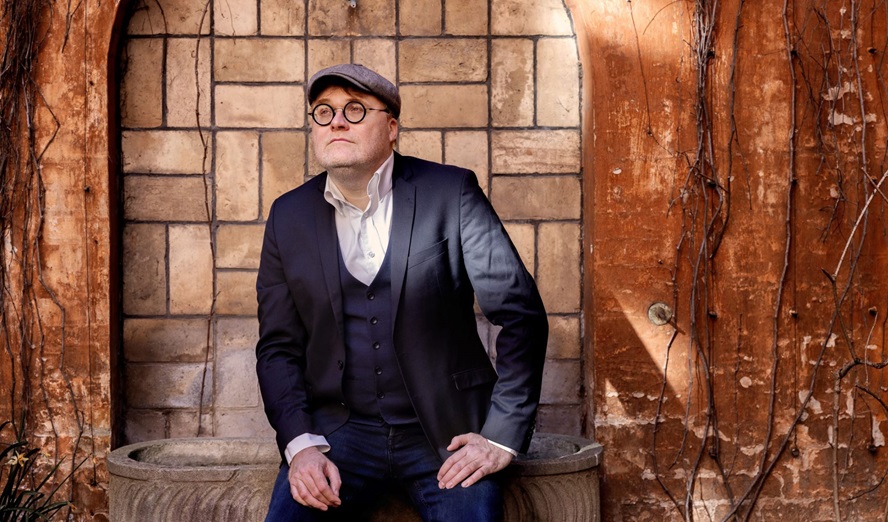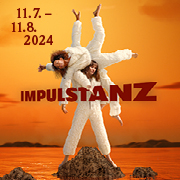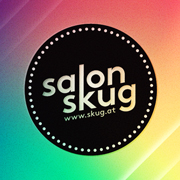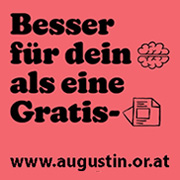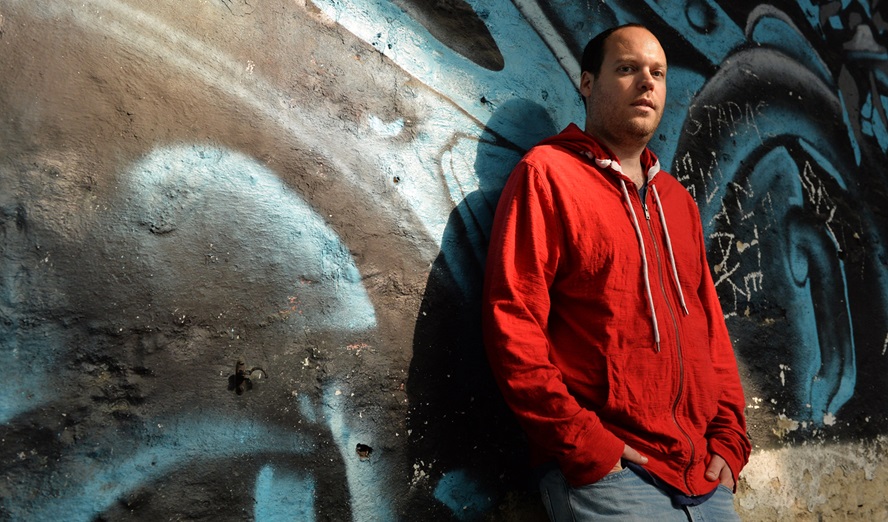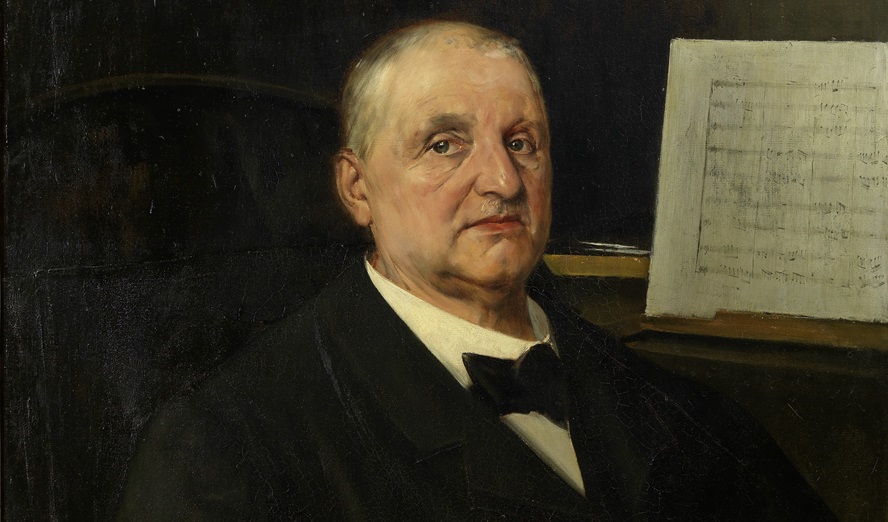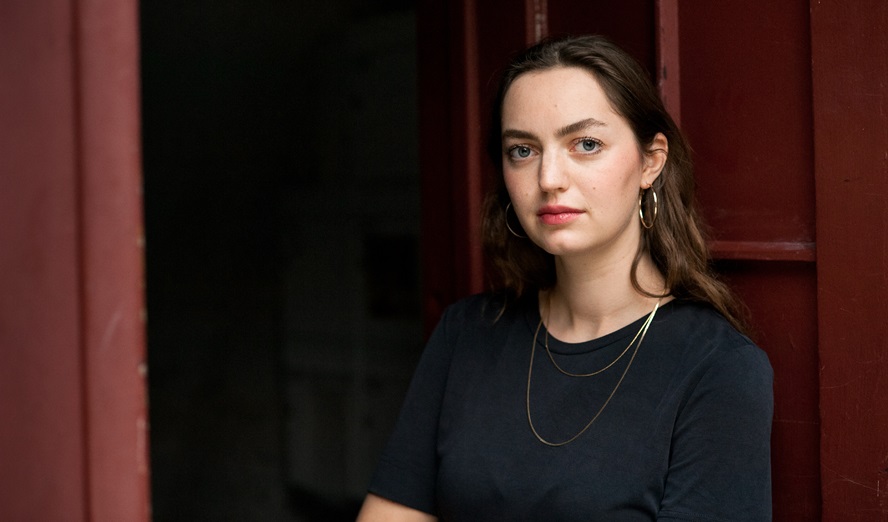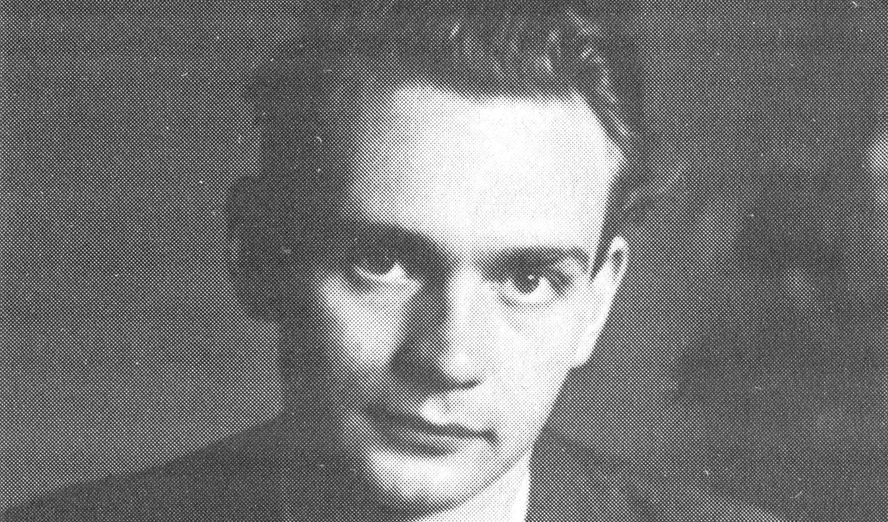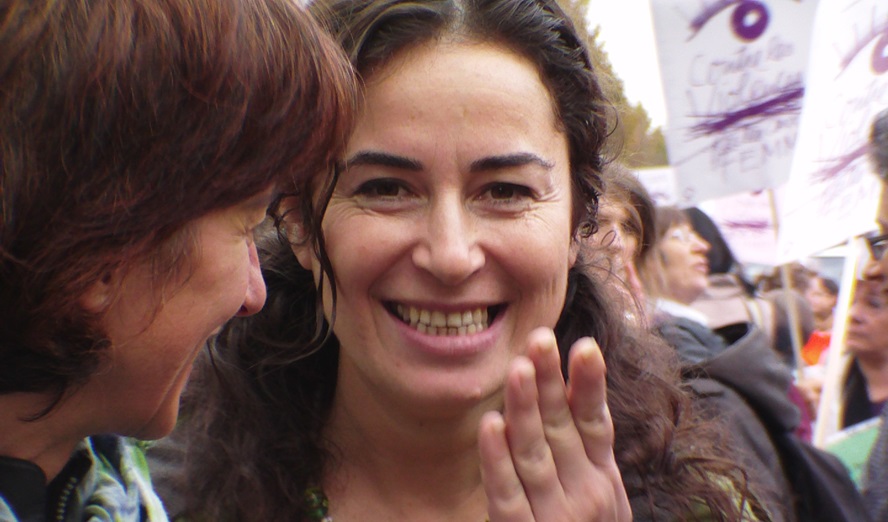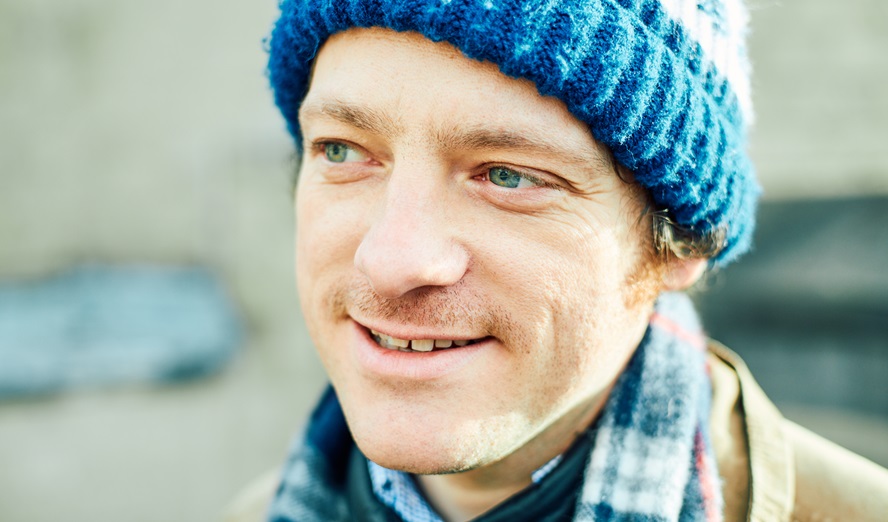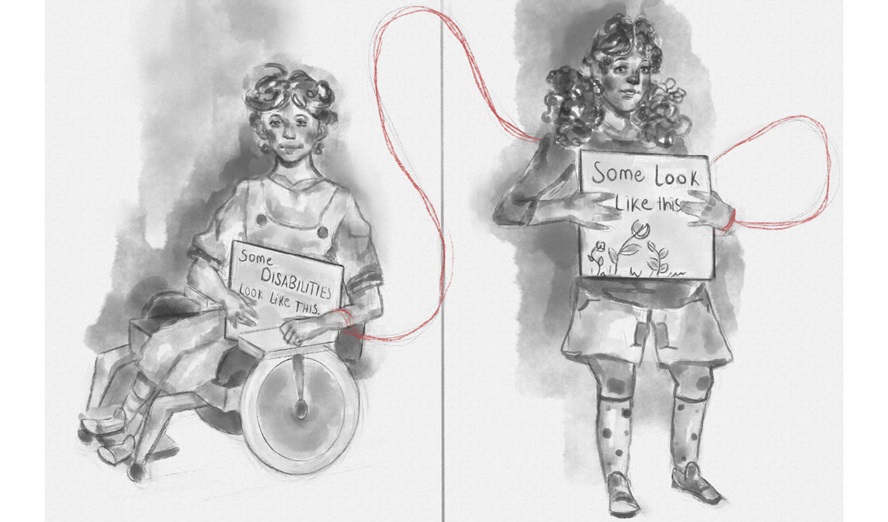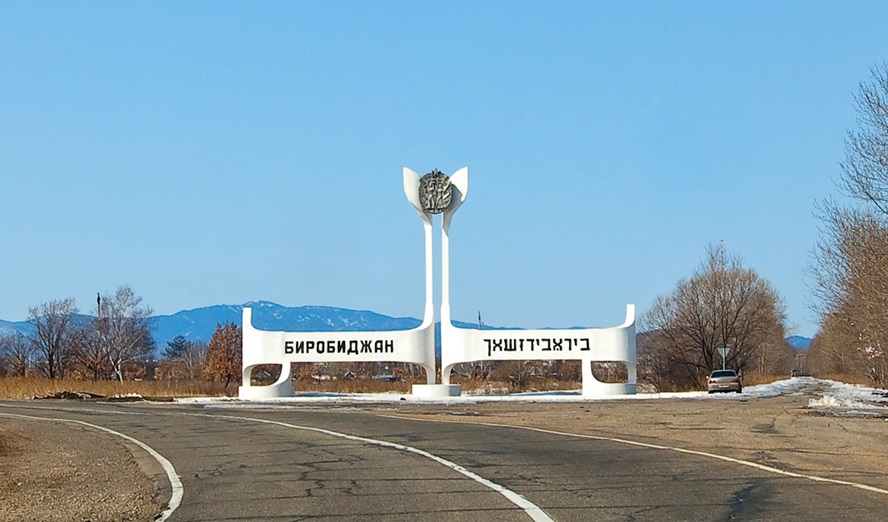»Annas Lied« erzählt die Familiengeschichte von Hannah Koppelmann alias Anna Koppel, der 2016 im Alter von 98 Jahren in Frankreich verstorbenen Großtante von Benjamin Koppel, die er gegen Ende ihres Lebens als Freundin gewann und deren Geschichte er sich in gemeinsamen Treffen anhören durfte. Er ist neben ihr begleitender Erzähler im Buch und konnte mit ihrem Segen das Leben und Einzelheiten, wenn nötig, ausschmücken – »improvisieren«, wie es in der Musik heißt. Gemeinsam ist Tante und Neffe die Liebe zur Musik. Bei Hannah ist es das Klavier, auch ihre Brüder sind aufstrebende Musiker. Doch bei ihr, einer Frau, der einzigen Tochter von Mutter Bruche, dem Hausdrachen der Familie, ist das eher ein Problem als etwas, über das man sich groß freut. Bald wird auch klar, dass vor allem ihre Mutter nicht viel davon hält und mit ihrer Tochter anderes vorhat. Familie Koppelmann zieht schließlich wegen des immer stärker werdenden Antisemitismus aus Polen in Richtung USA, unterlässt dann aber aus Geldnot die Überfahrt über den großen Teich und bleibt schlussendlich in Dänemark, wo sie heimisch wird und sich fast gänzlich assimiliert. Fast, denn vor allem besagte Mutter hängt an ihrer jüdischen Linie fest und es liegt letztlich an Hannah, diese mit einer jüdischen Heirat aufrechtzuerhalten.
Modulation von Dur zu Moll
Das Buch ist in zwei Teile gegliedert, der zweite beginnt um 1946, als die Familie aus dem schwedischen Exil zurückkehrt und alles langsam wieder seinen mehr oder weniger normalen, vorherbestimmten Lauf nehmen soll. Man könnte sagen, der erste Teil ist in Dur geschrieben und der zweite in Moll. Trotz all des bereits zu erahnenden und faktisch stattfindenden Elends haftet der Atmosphäre im Dur-Teil noch eine gewisse Leichtigkeit, Hoffnung, Lebenskraft der Protagonistin Hannah an, gespeist nicht wenig aus ihren Zukunftsplänen und vor allem ihrer Liebe zu Aksel, einem dänischen Widerstandskämpfer, den sie François, ihrem aufoktroyierten jüdisch-französischen Lebenspartner, vorzieht, und dessen Liebe sie mit einer unschätzbaren Energie und Lebenskraft versorgt. Allem Schrecken zum Trotz.
Das Buch lebt von seinen meisterhaft gezeichneten Figuren, die zu Beginn fast etwas comichaftes haben, was auch die noch naiv-optimistische Weltsicht der jungen Anna widerspiegelt und an Schtetl-Geschichten denken lässt, in denen Figuren ihre zugewiesenen Attribute überzeichnet ausleben. Und doch werden die Personen hinter den Figuren nicht unglaubwürdig, im Gegenteil. Besonders Bruche, die herrische, ja sogar drakonische Mutter, deren Persönlichkeit kaum ein Quantum Liebenswertes anhaftet, erfährt durch Annas Erzählungen keine Ungerechtigkeit. Die jüdische Geschichte ist geprägt von Ausgrenzung, Hass, Verfolgung und dem Gefühl, keinem Ort, außer der eigenen Familie zugehörig zu sein. Dieses Gefühl und diese Erinnerungen veranlassen Bruche, an Hannah, der einzigen Tochter, dem einzigen noch nicht mit einem Goyim verheirateten Kind, festzukleben und ihr das Leben zur Hölle zu machen. Man will es nicht verstehen, aber man muss es, im Anbetracht dieser Geschichte von Leid und Identitätskrise, von Aufopferungen und Hoffnung auf eine bessere Zukunft.
Zu Träumen aufhören, ist gefährlich
Die Shoah ist die große Katastrophe der Juden*Jüdinnen. Dänemark treffen der Krieg und die Auswirkungen des nationalsozialistischen Terrors erst spät und viele Mitglieder der Familie Koppelmann gehören zu den Glücklichen, denen die Flucht nach Schweden gelingt. Die in »Annas Lied« gezeigte Katastrophe ist eine andere: Es ist der das Leben von Hannah, einer jüdischen Frau, durch Jahrhunderte von Traumata geprägt, deren mehr oder weniger vorgezeichneter Weg von Rückschlägen, Verzicht, und Enthaltsamkeit gesäumt ist, die jedoch nicht aufhört zu träumen, was, so das Dogma ihrer großen Liebe Aksel, das einzig gefährliche im Leben ist.
Benjamin Koppel zeigt sich nicht nur als Kenner jüdischer Geschichte, sondern ebenso als ein unglaublich talentierter Schriftsteller, der es meisterhaft versteht, einen vielschichtigen Roman zu schreiben, der mit komplexen Figuren und mit dem immer schneller werdenden Ablauf der Zeit spielt, wie es Thomas Mann im »Zauberberg« getan hat. »Annas Lied« ist ein Buch über die Entbehrungen und Aufopferungen einer jüdischen Frau, über die Geschichte des Judentums im 20. Jahrhundert und die Auswirkung einer großen Liebe zur Musik auf ein langes, einsames Leben. Es ist aber auch eine Geschichte der Widersprüche: Eben diese Aufopferung Hannahs, die Weiterführung der Blutlinie und des familiären Erbes sind zugleich Ursache lebenslanger Trauer. Und doch möchte man Hannah nicht als Opfer sehen, dafür ist ihr Leben zu lang und ihr Kämpfen, das Benjamin Koppel wiedergibt, zu eindrucksvoll. Man kann sich nicht genug über seine erzählerische Stärke, man kann sich nicht genug über dieses Buch freuen.
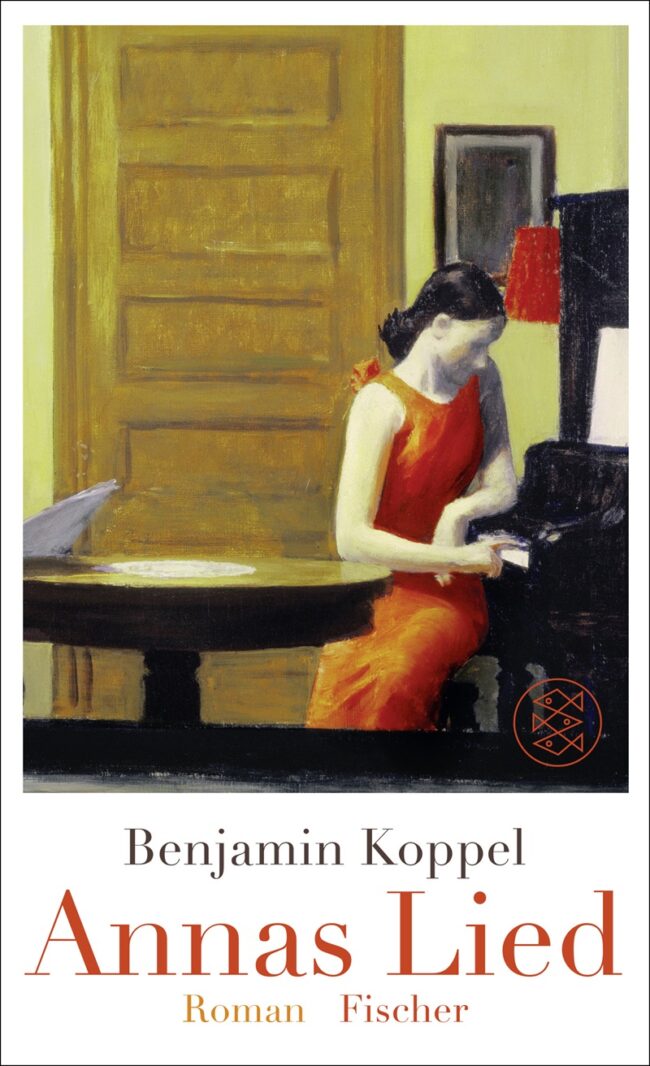
skug: How has the feedback from German speaking countries been so far?
Benjamin Koppel: It just came out, I think, two or three days ago or something like that. So it’s very new. I’m going to Berlin on Wednesday and to the Leipzig Book Fair for the rest of the week. And I’m very excited to meet both the publishing company and, hopefully, some readers as well. But right now I’ve been receiving feedback from some readers, and they’re all very excited, which is very nice. I’m very happy and very thankful for that because releasing a piece of art is always connected with a lot of doubt and even a degree of anxiety to present a new work to a whole new audience. But at the same time it’s very exciting. And it’s a huge privilege for me to be able to reach a new audience like this. I’ve been doing that as a musician for 30 to 35 years, going to new countries, playing concerts. So in that way, I’m very used to it. But as an author, it’s a very new thing.
It’s your first novel!
It’s the first novel I published. I did release a book about music, a non-fiction book, some 12 years ago. And it was very well received, but it was a non-fiction book about how to perceive music, how to think music, how to use music, even if you’re not a musician. It was called »Out of the music« and it had the subtitle »How to explain music to a cat«. That was a whole other thing. But I’ve always written a lot. When I was a kid, I attended a private school, kind of an experimental school, in the name of Célestin Freinet, a French pedagogue who had this vision that all the pupils should create their own school material. So it was project-based learning, and one thing was that every pupil had to write a free text every week and perform it to the other students. And when I got into that, I was just totally taken by the fantastic opportunity to write stories. So I was hooked basically from when I was eight years old, and I wrote, and wrote, and wrote novels and essays and short stories and all that. And when I was ten years old, I used all my savings to buy an electrical typewriting machine. You know, we’re back in 1984, so it’s before the computer. And so I bought this electrical typewriter machine, and it had a correctional tape in it. So you can actually correct words. It was an amazing machine. And with that, I wrote, and wrote, and wrote, and I was sure that I was going to be a writer.
I am expecting a »but« now…
Then, when I was 12 or 13 years old, I began playing the saxophone. And more and more, the saxophone kind of took over the time for writing. And when I was 18 years old, I released my debut album, and it skyrocketed totally. And suddenly I was in demand as a saxophone player, not only in Denmark but in Scandinavia and then the world, and then that career took off, and it has been amazing and still is. And I’ve released around 17 albums as a leader. And then I had kids and dogs, and then 30 years had passed. But I always had the hope and the conviction that I would return to writing again at some point in my life. And then five years ago, in 2018, my kids were already teenagers; suddenly, there was a time to get back to this as a hobby, which was my initial idea. And then, suddenly, it became a piece. It became a complete novel, and then it came out in Danish. But I always had the hope of getting back to writing at some point.
And you met your aunt, the protagonist of the novel…
She wasn’t really my aunt because there was another generation in between, so great-aunt should be more correct. But she always called herself Aunt Anna. Anyway, I had known her at that point for ten years, and she was getting very old. She was 96 at the time I began writing. And I knew I had to tell her story in some sort of fictional way. I wrote music based on her story, »Anna’s Dollhouse«, with nine songs that depict different tableaus and different settings from her life. But I knew there was more to the story than that, so I had to begin writing while she was still here. I began writing on September 1st, 2018, and in May 2019, she passed away, 97 years old. She knew I was writing this. And she loved the thought of me writing her story in a fictional way. It is a novel, but it’s based on her story, and she was very happy about that. So that was kind of the impulse for this project to take off. I knew I had to get into that story before she wasn’t here anymore.
And was she able to read parts of it?
No, she never read any of it, unfortunately. But she heard the music, and she loved the songs, and she heard the album over and over again and was super excited. And when I told her that I was getting into the project of using her story as the foundation of a novel, she said these words to me: »Then my life finally made sense.« That was very beautiful and a big motivating factor for me to use her story in this way as well.
At the end of the story, you make this cameo appearance. The reader finally learns through your conversation with Hannah that she is Anna, and that you fictionalized her persona in the book. Did you do any research besides talking to her?
The main research was actually me being a very, very dear friend with my grandfather, Herman, her oldest brother. I was very close with him when I was a kid. And it goes back to my school, where I had to write all these free texts. I often went to my grandfather’s with my little cassette recorder and interviewed him about his upbringing or escape to Sweden during the war, for example. And then I used his stories as a foundation for my stories in school. So I had a lot of knowledge about the family, and his upbringing, and his stories from his ancestors through him. And I have always remembered almost all of that because it was such a big interest for me. So that was my main research, you can say. And then, of course, getting to know Anna and visiting her on and off through ten years, I got to know her very well as well. I had a lot of really good talks with her, some of which I also recorded. But also, she gave me books, she gave me diaries, and she gave me letters that »Aksel« (her boyfriend in the book) wrote to her, so I got the material that I could use for background research. She was very keen on me getting these things because she knew I would cherish them and hold on to them. And she couldn’t really give it to her own children because none of them spoke Danish. So I was kind of the only one who was interested in it and who actually knew the value of it and would keep it for future generations. So that was my main research. And then, of course, alongside all this, I’ve always been very interested in a lot of different things…
That are?
All kinds of subjects, but the story of Danish Jews, and the Holocaust, and the Second World War are topics that I’ve read a lot of books about for 25 years or even more. I made a book about it in school when I was 11 years old, I made a big project about the Nazi occupation of Denmark. So it has always been my interest somehow.
The beginning of the book felt very much like a coming-of-age story, with lots of aspects that could have been made up by you. How much of yourself is in the book and in the person of Hannah?
It is definitely her, but it is also definitely me. And the thing I’ve experienced with Anna is that we have a lot of mutual interests, passions. We shared a common passion for music, and for literature, and for art.
Can you give an example?
Brahms, for instance, is very close to my heart as well. So the words I put in the book are mine, and the passion and love are mine as well, but they were her passions as well. I had to write it with a total degree of honesty. I couldn’t put on a facade, saying that, for example, »I love Balzac«. Maybe it sounds naive or banal, but I have to take it from the heart. And if it has resonance with the audience, it’s great. But if it doesn’t, at least I know that I’ve done an honest piece of work. And the same is true with this novel.
It seems like you already knew how to write and what to write. Were there any challenges, then?
I totally knew from the beginning what the story was from A to Z, but I also knew that I would face some challenges. So when I initiated this project, I began writing the three most difficult chapters. Because I knew if I could write these three difficult chapters, I could write the book. And if I couldn’t write these three difficult chapters, then it didn’t matter how much effort I would put into it, I couldn’t write it anyhow.
What was so difficult about these chapters?
The first chapter I could write because I knew the storyline, I knew the arranged marriage, I knew everything that was supposed to be there. And I knew that if I, as a white, privileged, middle aged man, was to write this story about a woman who is oppressed in the way that she is, I would have to be able to write her sentiments, and emotions, and feelings with complete honesty. So I would have to write it as if I had experienced it myself. Because I didn’t want to paint a picture from the outside just by writing, I really wanted to feel it. So the first chapter I wrote was when Hannah was 15 years old and was told that she was going to have an arranged marriage. The scene where her mother tells her: »We have arranged this marriage for you. This is what you have to do to save the family.« I knew if I could write that, I could move on. And at the same time, I knew if I couldn’t write her emotions in this chapter – it is a key scene in the story – then I couldn’t move on anyhow. So I wrote it, and I felt happy about the way it came out. So I took the next scene.
What about this next one?
It was the second most difficult one where she’s an old lady, 97 years old, looking back at a life that, for us as spectators, seems to be unhappy, unfortunate, and unsuccessful. But she looks back on it without so much remorse. She doesn’t look back on it as if she’s a victim. She looks at it as: »Okay, that was it. But I had some good moments.« So I had to put myself in the shoes of a 97 years old woman and try to write her thoughts and emotions. And then the third chapter, which I knew would be the third difficult one. She was in her marriage with this both physically and mentally violent husband. I had to be able to write about this violence. But I hate violence, and I hate violence against women. And I think that pop culture right now is full of stories where women are being butchered, and slaughtered, and hammered and almost every criminal series is about women being punished. So I needed to be able to write about this violence, but without painting it in your face. So I wrote the scene where she is on this business trip with her husband out of Paris, in a car with the family, and how he’s being a brute, and being an asshole, to be fair and square. But I wrote it without depicting the violence itself, but rather the environment of their relationship and her emotions being trapped in a violent marriage. So when I had finished these chapters and thought this actually holds water, I was ready to sit, and I just started from the beginning and rolled my way through it.
I was thinking about the structure, which was quite special to me. Do you have any role models? Like the way you handle time? The first part (the book is split into two parts) is almost all about her youth until she’s 15, 16. And then in the second part, time flies, even jumps. I was thinking of »The Magic Mountain« by Thomas Mann. The more time you spend at the same place, the fewer new impressions you get, and time goes by faster and faster.
Well, I’m very happy about that comparison (laughs). But it felt very natural for me to compose it, because I knew this story is almost 100 years of lived life, and a lot of things are going on through this century in the world. But at the same time, if you’re trapped in a marriage like that, it might seem less and less is really happening. And I wanted to depict that. The lack of telling what is going on in society is a kind of choice. Because when she’s young, I’m writing about society, and the occupation and the Nazis coming into power, and all that. But then, as her story moves on, and she gets into this prison, the marriage, it loosens the importance for her or for the reader of what’s going on in society because it can’t affect her anymore. Yeah. So in that way, the longer stretches are intentional, but it wasn’t something I chose. The story actually chose it for me because it felt so natural to compose it this way.
What about you as a musician and composer? I was thinking the two parts in the book are like flat and minor music-wise. At first, Hannah was already promised to her husband, Francois, but she was still in love with Aksel and that love gave her hope. In the second part, it feels like hope has been lost.
I remember my grandfather, who was born in 1908, got into the conservatory at the end of the 1920s. And I remember him telling me that at that time they thought the world had seen its worst. Because World War I was over, and it was unthinkable that another war would happen. And the general feeling was, not only according to him, but according to a lot of people, to the news, to historians, that we have seen the worst. Now humanity will move on to something good. And this was in the late 1920s. Then came the stock market crash in 1929. And then Hitler came into power in 1933. And all the countries were eager to sign these non-aggression pacts: Russia, Germany. Germany, England. A lot of those pacts were signed treaties saying we would never attack each other again because we believe in peace and harmony. And way up in the 1930s, that was actually the general mindset. So her and my grandfather’s generations had a very positive view of what would happen with life. There were difficulties and challenges, definitely. But a war was unthinkable until it became obvious. Some could see it already with the Nuremberg Laws in 1935. Some could see it with the Kristallnacht in 1938 and then, of course, Poland, September 1st, 1939, then, oh my God, this looks like war. But the allied countries were still okay. You can have Poland. Let’s see. And then they went into the war. So from that point on it became more and more obvious that the world hadn’t seen humanity’s worst side yet. Unfortunately, even though World War I was terrible and had so many casualties, there was even worse to come. And when that became obvious to everyone, their lives changed to minor, especially Hannahs/Annas. When the liberation came, the war ended in a paradox. There was nothing standing in the way of her being part of that arranged marriage anymore because there were no obstacles anymore.
So the second catastrophe should start from then on – years in an arranged marriage with a brutal husband.
Yeah. Exactly.
The story is, on the one hand, a coming-of-age story. And on the other hand, it is a story about family tradition, and identity. Because the Jews just didn’t have a homeland, their family was something they could refer to. I guess this is why Hannah stuck to her family’s ideas for her.
I think so too. And that’s also the reason why, for instance, food has an important role in the book and in the story. Because sitting around the table with your family, from my point of view, that’s actually the Jewish homeland. Jewish history is, among many other things, about 2000 years of expulsion and division. There are two refugee stories in my family alone. From Blaszki, from the Russian pogroms, and then, of course, from the Nazis. But there’s probably been a lot more. So the only thing you could actually count on 100 percent was the family. Together, you can solve any problem. And this is also the same reason why she has to enter into this marriage.
You tell the Chinese story of a young girl who sacrifices herself to rescue her father from being killed, which can be seen as an allegory to Hannah’s action, but instead she suffers way longer…
I came across the story when I was touring China. And it grabbed me by the heart. And this is exactly what Anna did, in a way. I really felt that it told me that the story of female oppression has been here forever and is still here because it’s a story about family and identity. But it’s also a story about oppressing women. And that is an ever fresh story. We still have many aspects in society where women are not equal. And so that legend kind of gave me the anchor back in the story.
I felt like the story was a very sad one. What do you think about it?
When I met Anna and got to know her, she didn’t feel like a victim. And maybe that was one of the most inspiring things about her at all. She could have very easily been bitter, and depressed, and angry, and hateful because of all the wasted opportunities and lack of support. But she didn’t want bitterness, and anger, and hate to be the definition of her character. So she chose to believe that life was beautiful and that it had something to offer her, and she could offer something to life. She also taught me that it’s okay to have dreams that don’t come true. In our generation, we all grow up with the idea that all of our dreams should come true. So our dreams become ambitions. But her dreams didn’t become ambitions. She knew her dreams were long gone and could never be fulfilled, but even so, she kept on having these dreams and gaining energy to live from them. And that probably meant that she didn’t become a bitter, old, hateful person, which was so inspiring because every time a thing doesn’t go exactly the way we plan in our lives, we tend to become angry and vindictive. But when we look at her, it’s like: »Okay, take it easy, because look at what happened to her. And she didn’t become bitter. So maybe I shouldn’t become that either.« Know what I mean?
Link: https://www.fischerverlage.de/buch/benjamin-koppel-annas-lied-9783103976236
